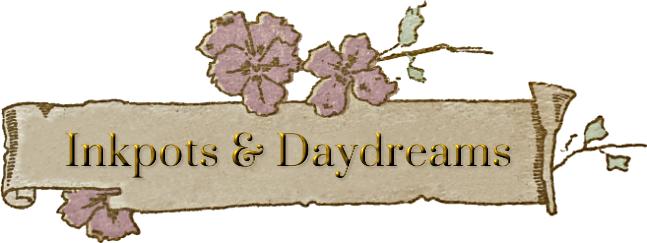My body was once a beautiful house of marble,
Kissed to pale rose by the passionate heat of the sun,
Wherein through cunning channels flowed forever
Health-giving crimson blood in steady tides.
My eyes were then quick to see and to welcome beauty,
My lips smiled often with gratified desire,
My hands shook not, but were fit for caress or grapple,
My arms rose and my body moved in strength.
Then not a single line of any poem
Had my hands raped from my brain, but untouched and pure
They abode in the land of distant visions where no man
Heard my voice calling for them at eventide.
My blood lies in great black lakes now, sluggish and frozen,
Or fumes in like some boiling, stinging, poison brew
Till it suddenly stops in a lassitude unspoken,
Or bursts through my pores and covers me with red dew:
My eyes are bleared now and dull with sleepless midnights,
My lips are shrunken purses—their gold is spent,
My hands unsteadily clutch and paw and tremble,
My arms are as strings of macaroni bent.
And as for my chest, ’tis like a leaky air-box
Fixed to some cheap melodeon out of tune,
The bellows creak, the loose and brown keys rattle,
And the music that comes is like a dog’s sick moan.
But in my brain there seethes an adulterous hotchpotch
Of poems clean and disgusting, mad and sage;
And pain, like a dry fire, keeps them ever a-boiling
Till they splash over and blacken some wasted page.
Yes, I am a poet now to be mocked and applauded,
A turnspit that turns and must never taste the meat:
Behold how great I am, but I wait for a greater,
Even Death, who will silence the march of these crippled feet.
—John Gould Fletcher (1886–1950), “The Poet, II,” Fire and Wine, 1913
